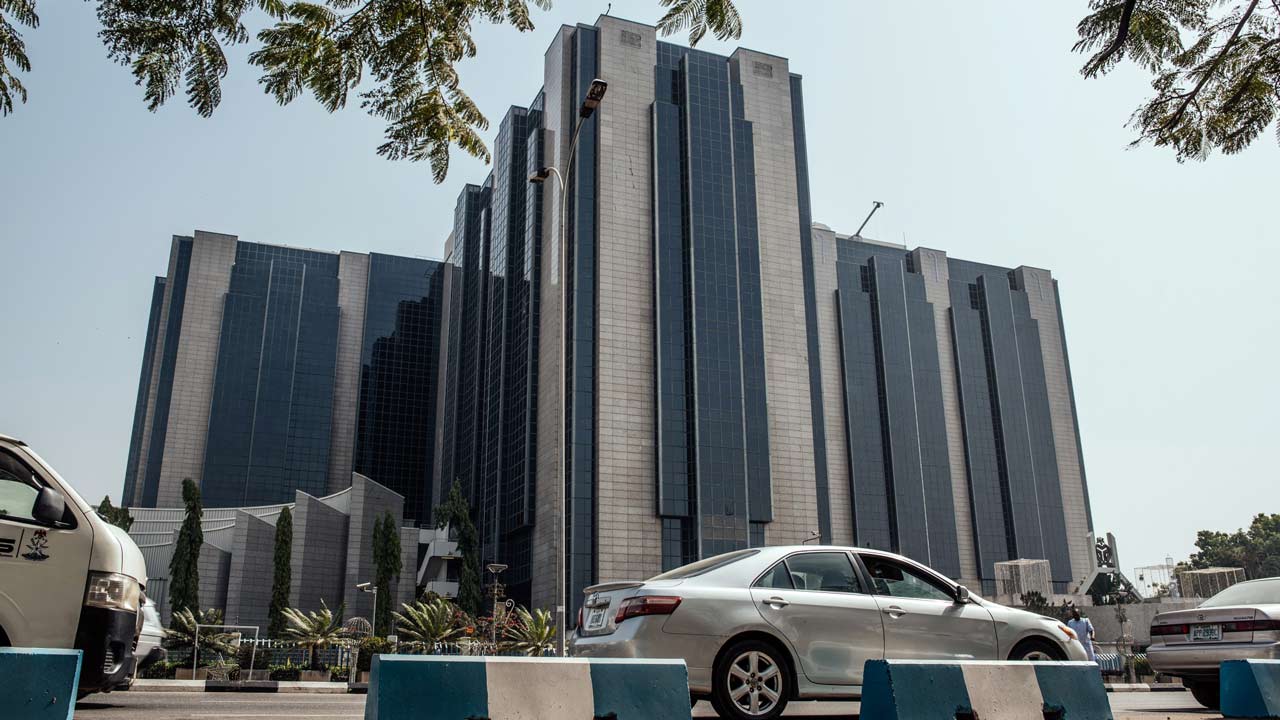
Assets were used as collateral for N2tr credits to MSMEs
The Central Bank of Nigeria (CBN) has warned that protesting youths might have attacked the fabrics of Nigeria’s economy, as movable assets, were used as collateral for about N2tr credits given to micro, small and medium enterprises (MSMEs) in the last three years.
Governor of CBN, Godwin Emefiele, stated this at a virtual capacity building programme organised by the World Bank in collaboration with the CBN for judges and justices of Appeal Courts on Secured Transactions in Movable Assets and Credit Reporting Reforms.
The Nigerian Collateral Register (NCR), which commenced operations in 2017, registered household assets as collateral for credit in banks in place of immovable assets such as houses or lands being CBN’s initiative to widen credit delivery to MSMEs in the country.
The movable assets include cars, motorcycles, fridges, television sets, sewing machines and furniture items, among others.
Private businesses and homes have been vandalised during the #EndSARS protests, while some movable assets were either set ablaze or removed by suspected hoodlums who hijacked the peaceful demonstrations.
“As at September, 30, 2020, 694 financial institutions comprising 22 Deposit Money Banks (DMBs), four Merchant Banks, five Development Finance Institutions (DFIs), 580 Microfinance Banks, 37 Non-Bank Financial Institutions, 43 Finance Companies, one Primary Mortgage Bank and two Non-Interest Financial Institutions, registered on the NCR portal.
“Based on 113,153 financing statements registered on the NCR in respect of movable assets offered as collateral, banks gave ₦1.80tr, $1.36b and €10.92m to 273,435 as credit to 262,904 individuals, 1,421 large, 4,260 medium, 1,433 micro and 3,417 small businesses.
“Some components of the foreign currency-denominated loans represent the much-needed capital inflows into the economy and this attests to the power of the NCR and indeed, the STMA-centric reforms, to engender economic development. Ultimately, it underlines our resolve to sustain the reforms and improve public appreciation, and especially judicial perception, of its potentials,” Emefiele stated.
He further explained the rationale behind sensitising the judicial officers, as enablers in the implementation of the STMA and CRA 2017, with a view to strengthening adjudication over them.
“A lending relationship is based on trust and it is our belief that lenders will respond positively to the yearnings of MSMEs for greater access to finance, given the assurance that their legitimate interests will be protected under the enabling laws of the land.
“To this end, it is pertinent that we solicit and get the full support of the judiciary and law enforcement agencies towards providing a robust and resilient financial infrastructure that will deepen credit delivery to the MSMEs.
“The journey is just beginning and it promises to get more exciting. But together we will scale the hurdles to significantly de-risk lending to the MSMEs. We will pull out all the stops to enhance the safety, soundness and resilience of the financial system,” he added.



